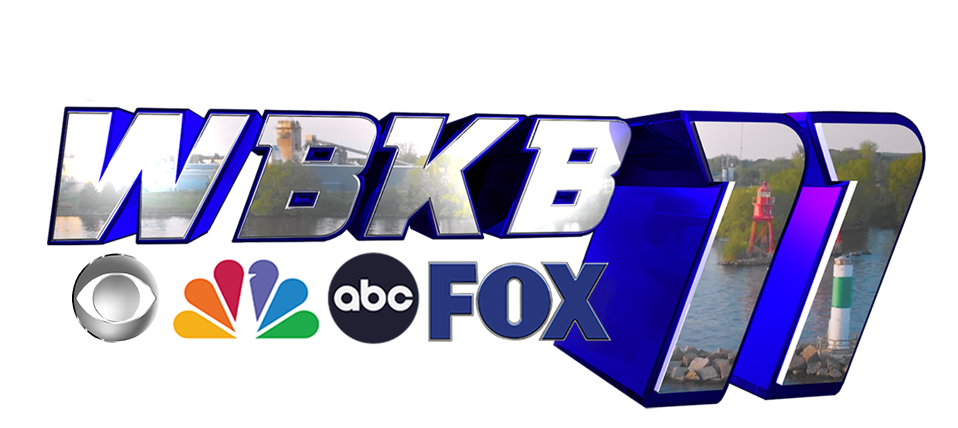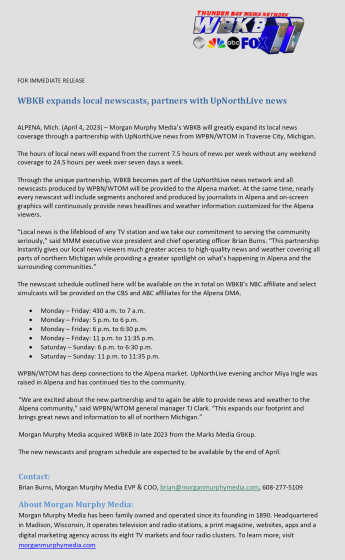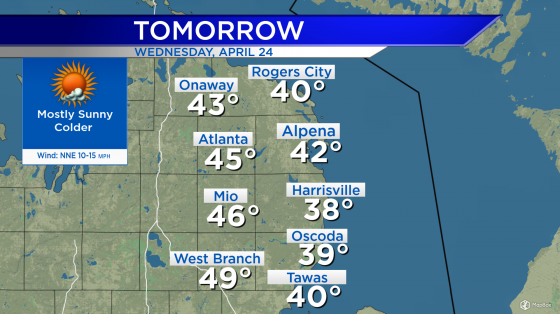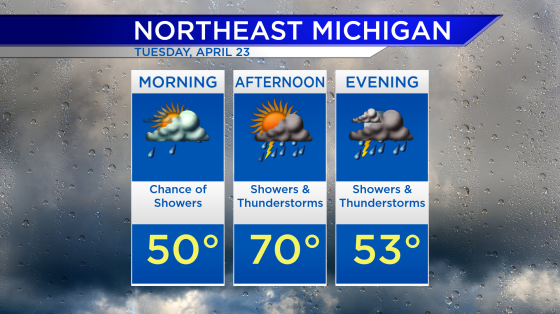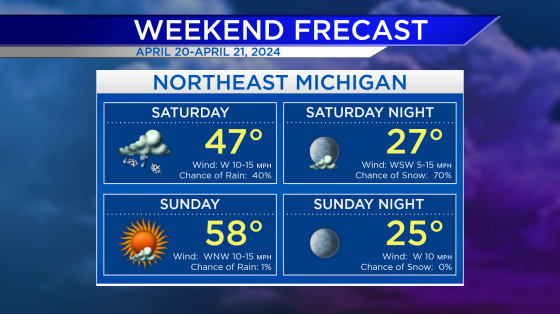Better Business Bureau warns of Amazon Prime Day Scams

GRAND RAPIDS, Mich. – Shoppers excited for the start of Amazon Prime Day may also want to make sure their purchases and information is safe.
The Better Business Bureau is warning shoppers about scams as Amazon Prime day kicked off Monday.
The BBB said there is an uptick in scams including robocalls, email phishing and tracking deliveries.
The bureau said amazon is the second most impersonated business by scammers in the United States. According to the 2020 BBB Scam Tracker Risk Report, Amazon is the second most impersonated entity by scammers in the United States. Scammers are targeting shoppers in multiple ways including:
Customer service phone calls: Caller claims to be from Amazon and wants to discuss a recent order. Think before you act. Did you order the item mentioned?
Phishing emails: Emails that appear to be from Amazon regarding a recent order or payment, but are really from a scammer. Check the sender’s email address to see if it is from
a legitimate sender.
Tracking/delivery scams: Fake notifications about a delivery with the intent to get you to click on a malicious link.
If you hover over the link and it doesn’t start with https:// or doesn’t link to the company’s website, that is a red flag.
BBB has noted an increase in reports to the BBB Scam Tracker involving robocalls in which scammers are posing as Amazon representatives. Some of the reports say the caller is notifying them of a large purchase made on their Amazon Prime account that is being shipped to another state. The caller wants to verify the purchase, along with personal information including credit card numbers.
A similar scam is reaching consumers by email. A man in the Traverse City area reports receiving an email confirming an order he did not place. He called the number listed on the email. The caller identified themselves as an Amazon representative and told the man to buy gift cards at Meijer to allow Amazon to block access to scammers. Fortunately an employee at Meijer told the man it was a scam before he spent $3,600.
“Because of its popularity, scammers often use the Amazon brand as a way to get at unsuspecting consumers,” says Phil Catlett, President of the Better Business Bureau Serving Western Michigan. “Often the call or email will sound like it is trying to help you avoid getting conned, when in reality you are putting yourself at risk. That is why it is so important to make sure you are communicating with Amazon directly when you receive these messages.”
A woman from the Grayling area tells BBB she received a notification for a confirmed Amazon order. Since she hadn’t made any recent purchases from Amazon, she called the number listed on the email. The person on the other end asked her to download an app to let him take control of her phone and help her remove her order. The scammer then asked the woman to purchase gift cards and share the information with him to “block” scammers on her account, claiming she would be reimbursed. The real scammer also sent her a fake confirmation text pretending to be her bank, stating she was refunded the money. The woman lost nearly $1,500 in the scam.
The Better Business Bureau has the following advice for people who are contacted by someone claiming to be from Amazon or other large online retailers:
Be skeptical of email and unsolicited calls. Amazon will never ask you to disclose or verify sensitive personal information or offer you a refund you do not expect.
Never give someone access or control of your computer or device. Scammers often offer to help resolve the issue by accessing your account or computer. But this access can result in them making purchases you did not authorize.
Ignore unsolicited messages and calls that ask for personal information. Amazon will never send you an unsolicited message that asks you to provide sensitive personal information, such as your tax ID, bank account number or credit card information.
Ignore calls for immediate action. Scammers try to get you to act before you think by creating a sense of urgency. Don’t fall for it.
Beware of odd payment requests. These are requests to pay by gift card, wire transfer, prepaid debit card or cash apps (such as Venmo, MoneyPak, iTunes or similar cards). These are almost always a sign of fraud.
If you think there might actually be a problem with your Amazon account, you can contact a representative once you log into your account.
If you want more information on how to identify whether a call or message is really from Amazon, visit their website through this link. If you think you spotted a scam, you can report it to Amazon here.
If you’ve gotten a phony call or been the victim of another scam, make others aware by filing a report on BBB Scam Tracker.
For More Information
Read BBB’s tips on phishing scams and tips for online shopping safely.
